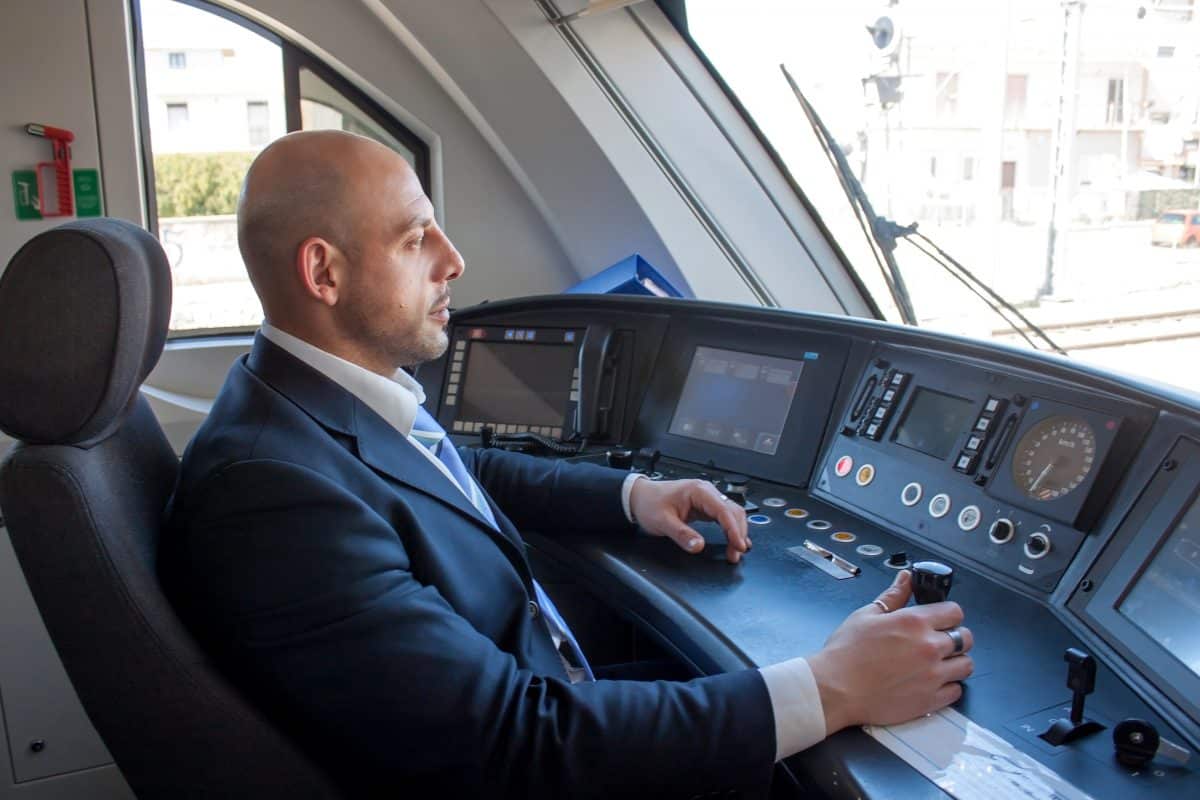The Ultimate Guide to Becoming an Engine Driver: Qualification and Requirements
Have you ever dreamed of driving a locomotive? Do you want to be in control of a massive, powerful machine that can pull hundreds of tons of cargo across the country? If you answered yes, then becoming an engine driver might be the perfect career for you. However, to become an engine driver, you must meet certain qualifications and requirements. In this article, we will cover everything you need to know to become a qualified engine driver.
What is an Engine Driver?
An engine driver, also known as a locomotive engineer, is responsible for operating a train's engine and controlling its speed, direction, and braking. They must be highly skilled and able to operate complex machinery safely and efficiently. An engine driver must also be able to read and interpret signals, communicate with other members of the train crew, and adhere to strict safety regulations.
Education and Training Requirements
The first step to becoming an engine driver is to obtain a high school diploma or equivalent. Most rail companies require a minimum of a high school diploma or equivalent for their engine driver positions. However, some companies may require additional education, such as a technical or vocational degree in a related field.
After completing high school or an equivalent, aspiring engine drivers must complete a training program. The training program typically consists of a combination of classroom instruction and on-the-job training. The classroom instruction covers topics such as railroad regulations, safety procedures, and operating procedures. On-the-job training involves working under the supervision of an experienced engine driver and learning the practical skills necessary to operate a locomotive safely and effectively.
Licensing and Certification
Once you have completed the training program, you will need to obtain a license and certification to operate a locomotive. The Federal Railroad Administration (FRA) is responsible for issuing licenses and certifications to engine drivers. To obtain a license and certification, you must pass a written exam, a physical exam, and a vision test. You must also demonstrate your ability to operate a locomotive safely and effectively.
The FRA also requires engine drivers to complete ongoing training and education to maintain their license and certification. This training covers topics such as new technology, changes in regulations, and updates to operating procedures.
Skills and Qualifications
Becoming an engine driver requires a combination of technical and interpersonal skills. To be successful in this career, you must possess the following qualities:
Technical knowledge: Engine drivers must have a thorough understanding of locomotive mechanics and operating procedures.
Attention to detail: Engine drivers must be able to read and interpret signals and other instructions accurately.
Communication skills: Engine drivers must be able to communicate effectively with other members of the train crew, as well as with dispatchers and other personnel.
Safety consciousness: Engine drivers must be able to operate a locomotive safely and adhere to strict safety regulations.
Physical fitness: Engine drivers must be able to climb ladders, walk on uneven surfaces, and work in confined spaces.
Career Outlook
The demand for engine drivers is expected to remain steady in the coming years. According to the Bureau of Labor Statistics, the median annual salary for locomotive engineers was $64,210 as of May 2021. However, the salary can vary depending on factors such as experience, location, and the type of locomotive being operated.
Working as an engine driver can be a challenging and rewarding career. It requires a high level of skill, knowledge, and dedication. Engine drivers play a critical role in the transportation industry and help to keep goods and people moving across the country.
Conclusion
Becoming an engine driver is an exciting career choice that requires a combination of technical knowledge, interpersonal skills, and dedication. The education and training requirements can be demanding, but the rewards of working as an engine driver are well worth the effort. With the right qualifications and certifications, you can operate a locomotive safely and efficiently and contribute to the smooth running of the transportation industry. So if you have a passion for trains and want to pursue a career as an engine driver, start by obtaining the necessary education and training, and work towards obtaining your license and certification. The journey may be challenging, but the destination is well worth it.
Labels: Business, Interesting, lifestyle


0 Comments:
Post a Comment
Subscribe to Post Comments [Atom]
<< Home